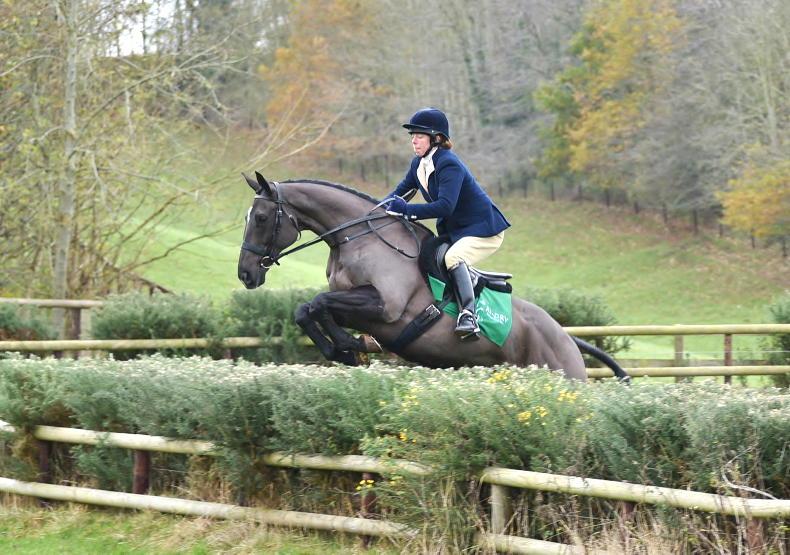RESEARCHERS from the Royal Veterinary College (RVC) are calling for owners and previous owners of former racehorses in the UK, including Northern Ireland, to participate in a new survey and share their experiences of rehoming racehorses.
The goal of the survey is to uncover the different factors that influence a successful rehoming outcome and is available online. The survey includes questions about owners’ experiences of taking on a former racehorse with researchers aiming to secure at least 500 respondents over the course of the next month.
Dr Darcy Bornemann, Postdoctoral Researcher in Pathology and Population Sciences at the RVC and Operational Research Lead for the Life After Racing project, said: “This is an exciting project and I’m looking forward to working with horse owners and hearing their stories. Thoroughbred horses are versatile and amazing animals, and it’s wonderful to be with the RVC, alongside Retraining of Racehorses, in their mission to support former racehorses’ lives after racing.”
Industry reports
The survey forms part of the RVC’s wider ‘Life After Racing’ project which seeks to improve understanding of retraining and rehoming former racehorses by outlining the processes involved in rehoming and assessing the different factors that influence a former racehorse’s suitability for entry into a second career. This follows recent industry reports which call for a better comprehension of what makes a successful transition, meaning it will provide a valuable evidence base with which to inform, monitor and improve initiatives and interventions in racehorse aftercare.
Included as part of the second stage of the ‘Life After Racing’ project, this survey seeks to understand more about the former racehorse population in their new homes, and the key features of a successful partnership. Questions gather information about the horse as well as the owner, including their expectations versus their experience.
The survey findings will be complemented by wider qualitative research and interviews with current, previous and potential owners of former racehorses, including those who have not previously rehomed a former racehorse, to identify challenges or perceived barriers.
Combined with the previous results from the first phase which examined how racehorses are rehomed, the results will help identify avenues for providing additional support to owners to aid successful rehoming and opportunities for broadening access to former racehorse ownership.
Professor Kristien Verheyen, Professor of Veterinary Clinical Epidemiology at the RVC, said:
“The information gathered in this survey will be invaluable for better understanding the factors associated with racehorses leading happy and fulfilling lives after they leave racing, be that in a competitive career in another equestrian discipline, as a happy hacker or a much-loved companion.
“We would love to hear people’s experiences of rehoming a former racehorse, regardless of whether that was good or bad; gathering data from people for which their former racehorse was not the right choice for them is just as crucial as learning about success stories. Only then can we start to unravel the key features of successful partnerships, with the ultimate aim of maximising the chances of a former racehorse being placed in a suitably matched long-term home when they retire from racing.”
The final stage of the project will link race performance to competition records in other equine sport disciplines, to assess whether, and how, success in racing is correlated with success in another career. These findings will help determine which pathway is best suited for horses post-racing, including which other equestrian sport discipline they may perform best in.
This project is funded by the Horserace Betting Levy Board and conducted with the support of Retraining of Racehorses, British Horseracing’s official charity for the welfare of horses that have retired from racing.
If you are over the age of 18, live in the UK and own a former racehorse, or have previously owned one, you can complete the survey via the below link or by scanning the QR code. The survey will take no longer than 15 minutes to complete.




 This is a subscriber-only article
This is a subscriber-only article
 It looks like you're browsing in private mode
It looks like you're browsing in private mode





SHARING OPTIONS: